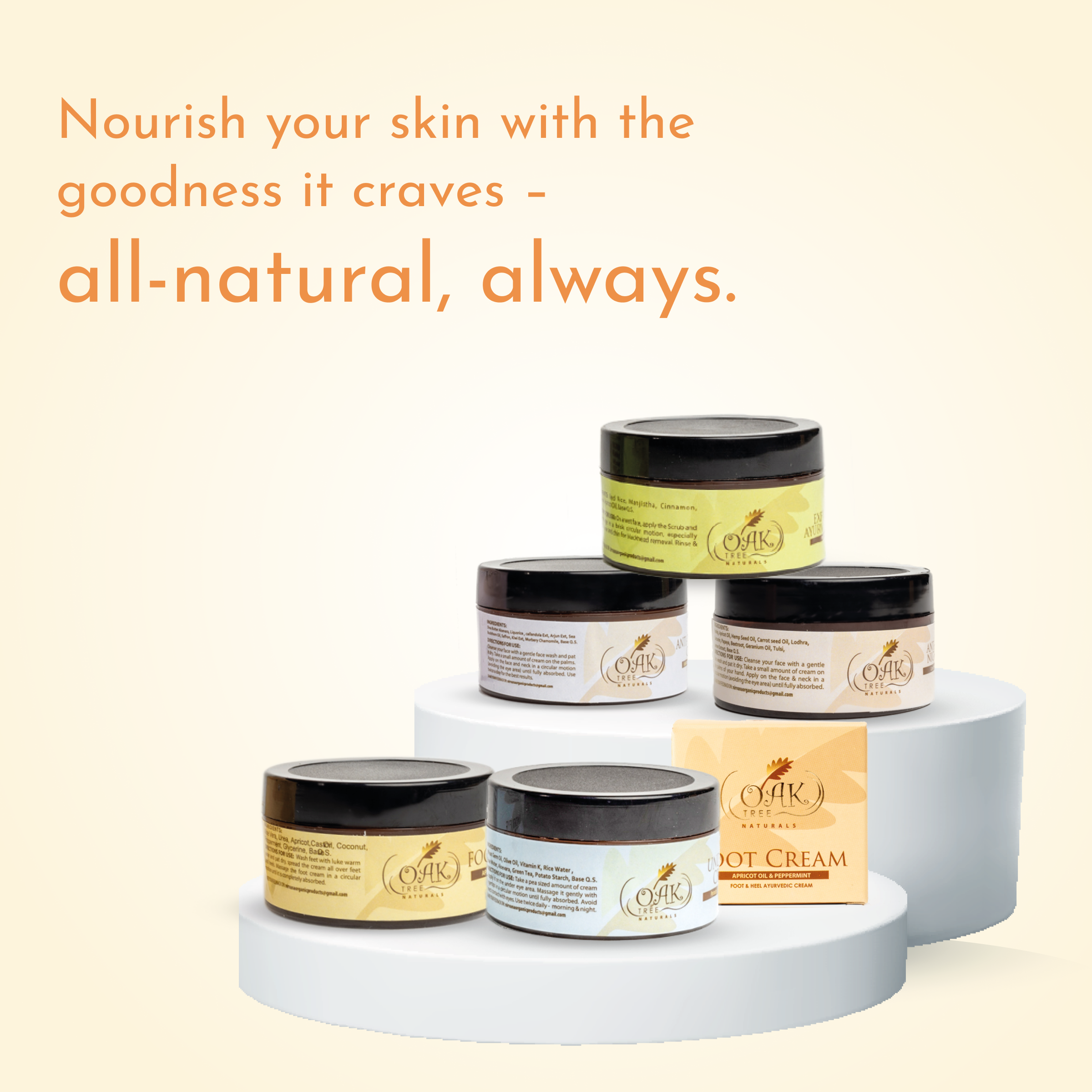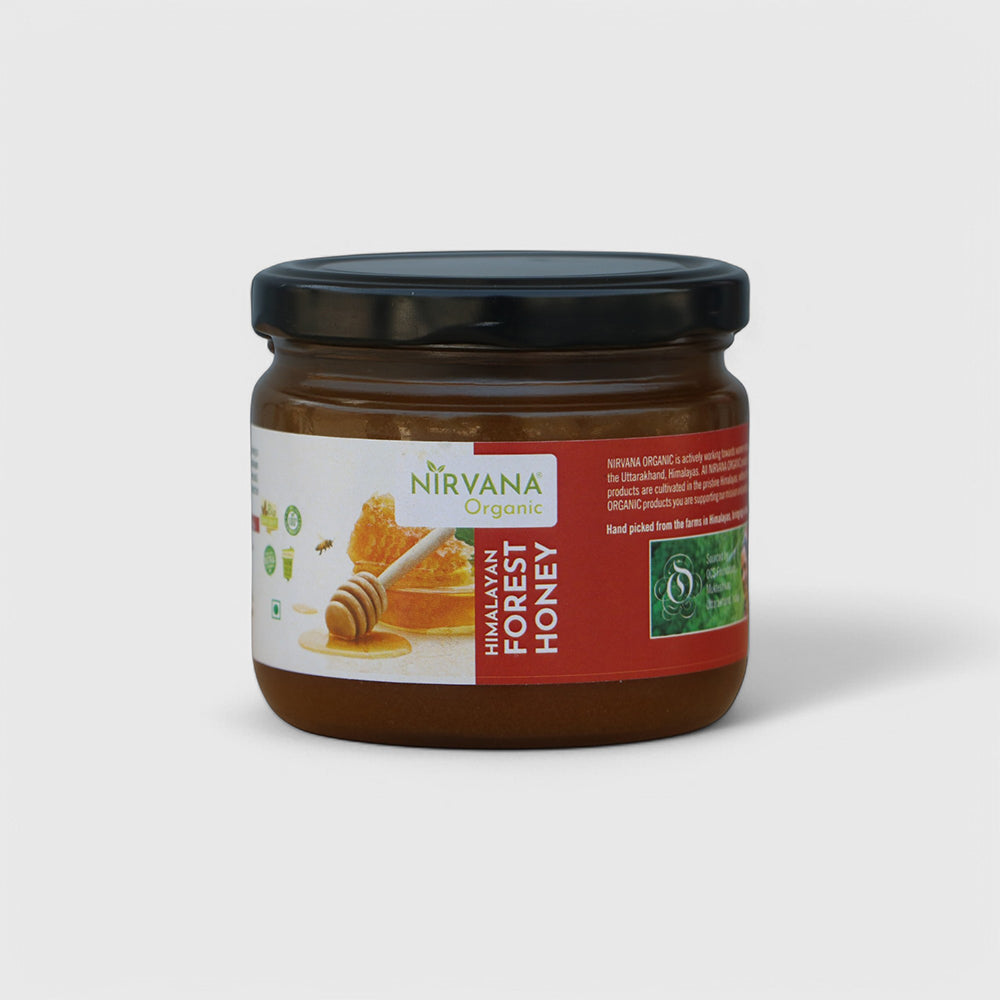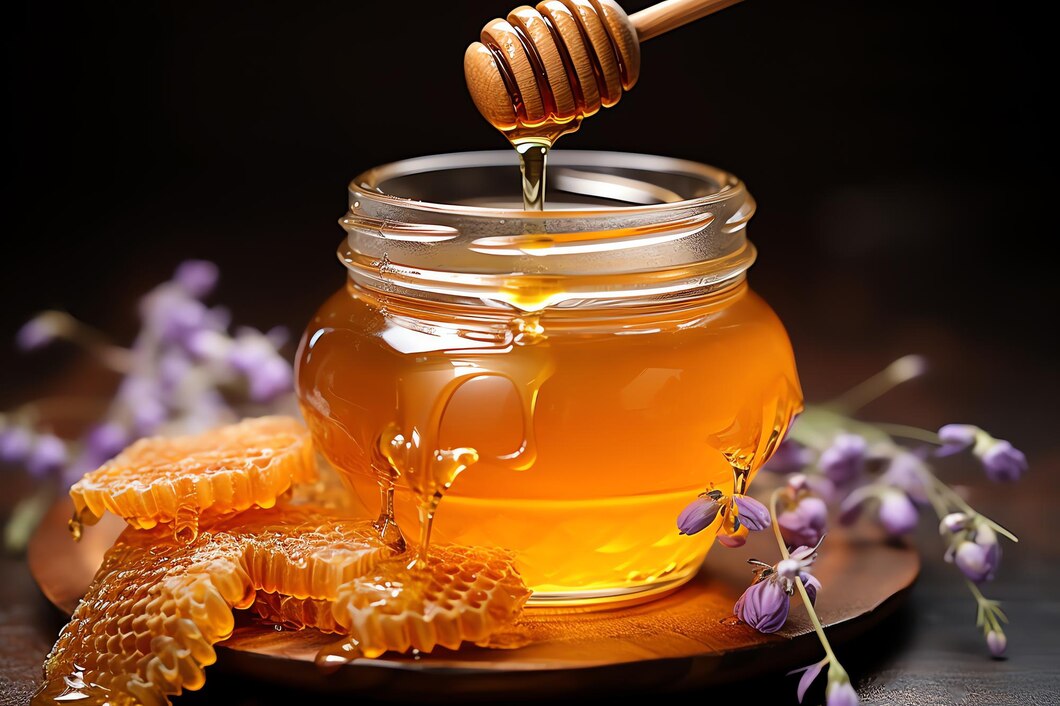People lose skin cells on the scalp usually, but when the process is accelerated, it results in dandruff, which looks like white flakes. Although it seems at first glance more of an ordinary issue, dandruff is usually a sign of deeper, underlying medical conditions. A harmful diet, toxins in the blood, constipation, or decreased immunity may affect the condition of the scalp. Also, psychological stress, hormonal disorders, gland hypersecretion, excessive seborrhea, and fungi, Malassezia, also known as Pityrosporum, were added to the list.
The conventional chemical treatment may provide temporary satisfaction but in the long run; the scalp undergoes negative effects. Apple cider vinegar just holds so many more benefits when compared to the original: it is pH-balancing, antibacterial, and antifungal for a start.
Why use Apple Cider Vinegar?
ACV restores scalp health by attacking the root causes of dandruff: It inhibits fungus, mitigates inflammation, clears the follicles, and balances sebum, all the time feeding the scalp and making hair stronger.
How Does it Work?
It is believed that the consumption of organic apple cider vinegar may assist in treating cases of dandruff owing to the suppression of the growth of the fungus Malassezia which leads to instances of dandruff. For instance, a small study showed that a solution made from apple cider vinegar in a ratio of 1: 1 with distilled water could halt the growth of this fungus. Nevertheless, it should be stressed that in this investigation the hair population density was increased by collecting hair samples from the lab surface only, and it remains to be elucidated, whether the described effects could be obtained on the scalp.
Although, it is a fact that pure organic apple cider vinegar might offer a variety of benefits none of which have been well-supported by studies when it comes to treating dandruff. Further, it risks correcting imbalances in the pH of the scalp and may not prolong affecting the dandruff. Therefore, one may conclude that apple cider vinegar might be useful in treating dandruff, yet, more studies are needed to establish the validity of the hypothesis.
How to Use Apple Cider Vinegar for Dandruff
Apple Cider Vinegar Rinse
A lot of dandruff must also be treated to avoid such problems as hair loss among those affected. For apple cider vinegar for treatment purposes, dilute 2 tablespoons of ACV with 1 cup of water. Wash your hair until they are very wet then massage this mixture on the hair scalp with the use of cotton. Rinse it off after thirty minutes and wash your hair with a mild or herbal shampoo thereafter, again rinse.
Apple cider vinegar and Tea Tree Oil
Tea tree oil with antifungal compounds should be used in association with ACV when prescribing the remedy for the treatment. 5–6 drops of tea tree oil mixed with 1 cup of ACV should be applied on the affected part of the scalp. Let it remain on your hair for just an hour before washing it with your normal soap as you would wash your hair.
Apple Cider Vinegar and Baking Soda
To enhance the output, ACV needs to be taken with baking soda due to its side benefits of being an antifungal and antiseptic. Then mix one teaspoon of Baking soda in one cup of the ACV and massage it on the scalp. Remove it after twenty minutes or with plain water if you can or wash the hair with a shampoo.
Apple Cider Vinegar and Olive Oil
It is because, as I mentioned, olive oil brings the aspect of moisture to the scalp and for ACV, it deals with the problem of dandruff. So take 1 cup of apple cider vinegar for weight loss and mix a few drops of olive oil in it, and apply it on your scalp, let it stay for a few minutes while shower and wash it with running water.
If you use any of these treatments for one month, it should be enough time to unbuild dandruff and have a healthy scalp.




